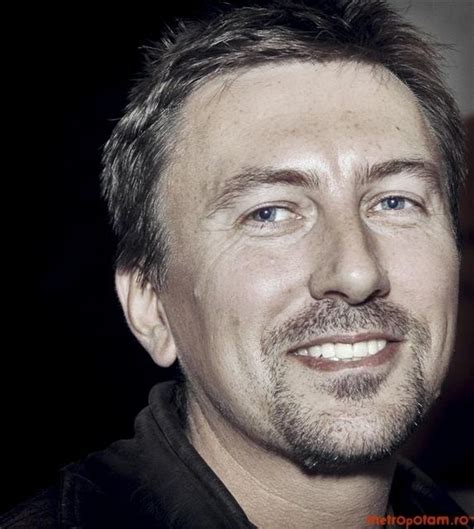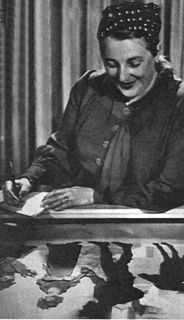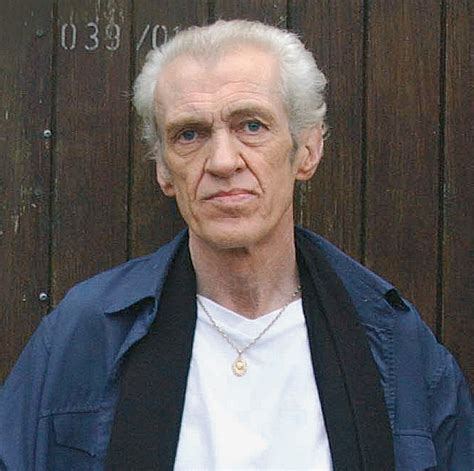A Quote by Charles Bukowski
t was almost disappointing because it seemed when stress and madness were eliminated from my daily life there wasn't much left you could depend on.
Quote Topics
Related Quotes
There was a good deal to be said, Hilary decided, for middle age and infirmity. The years in which one demanded much of life were left behind, together with the bitterness of not getting what one wanted. One's values, too, were altered. Gifts that once one took for granted, sunshine and birdsong, freedom from pain, sleep and one's daily bread, seemed now so extraordinarily precious.
In the middle of this it was good to have some moments in which whatever was left of you could sit in silence. When you could remember. When the evidence that had gathered could be sorted. And it was a difficulty if another person imagined these moments were their property. Your life got sliced from two sides like a supermarket salami until there was nothing left in the middle. You were the bits that had been given away right and left to others. Because they wanted the piece of you that belonged to them. Because they wanted more. Because they wanted passion. And you did not have it.
I'm a great supporter of transcendental meditation. I've been using it for almost 40 years now - and I think it's a great tool for anyone to have, to be able to utilize as a tool for stress. Stress, of course, comes with almost every business. I think there are enough studies out there that show that TM is something that could benefit anybody. It's a great system to use. Otherwise, why would I've been doing it for all these years, for almost half of my life?
The early entrants into the world of A.R., as with its cousin virtual reality, were disappointing: the phones were too weak, the networks were too slow, and the applications were too nerdy. But now the technological pieces are in place, and a whole generation - much of which is on Snapchat - has come to consider the camera almost a third arm.
I could hear her babbling away beside me, but I wasn't really paying attention. I could barely focus on anything. My nerve endings seemed to have come alive; they almost jangled with anticipation I was going to see Will. Whatever else, I had that. I could almost feel the miles between us shrinking, as if we were at two ends of some invisible elastic thread.
The bourgeois thinkers of the eighteenth century thus turned Aristotle's formula on its head: satisfactions which the Greek philosopher had identified with leisure were now transposed to the sphere of work, while tasks lacking in any financial reward were drained of all significance and left to the haphazard attentions of decadent dilettantes. It now seemed as impossible that one could be happy and unproductive as it had once seemed unlikely that one could work and be human.
I could cut silhouettes almost as soon as I could manage to hold a pair of scissors. I could paint, too, and read, and recite; but these things did not surprise anyone very much. But everybody was astonished about the scissor cuts, which seemed a more unusual accomplishment. The silhouettes were very much praised, and I cut out silhouettes for all the birthdays in the family. Did anyone warn me as to where this path would lead? Not in the least; I was encouraged to continue.
Vowels were something else. He didn't like them and they didn't like him. There were only five of them, but they seemed to be everywhere. Why, you could go through twenty words without bumping into some of the shyer consonants, but it seemed as if you couldn't tiptoe past a syllable without waking up a vowel. Consonants, you know pretty much where you stood, but you could never trust a vowel.
He stared up at the stars, and it seemed to him then that they were dancers, stately and graceful, performing a dance almost infinite in its complexity. He imagined he could see the very faces of the stars; pale, they were, and smiling gently, as if they had spent so much time above the world, watching the scrambling and the joy and the pain of the people below them, that they could not help being amused every time another little human believed itself the center of its world, as each of us does.






































